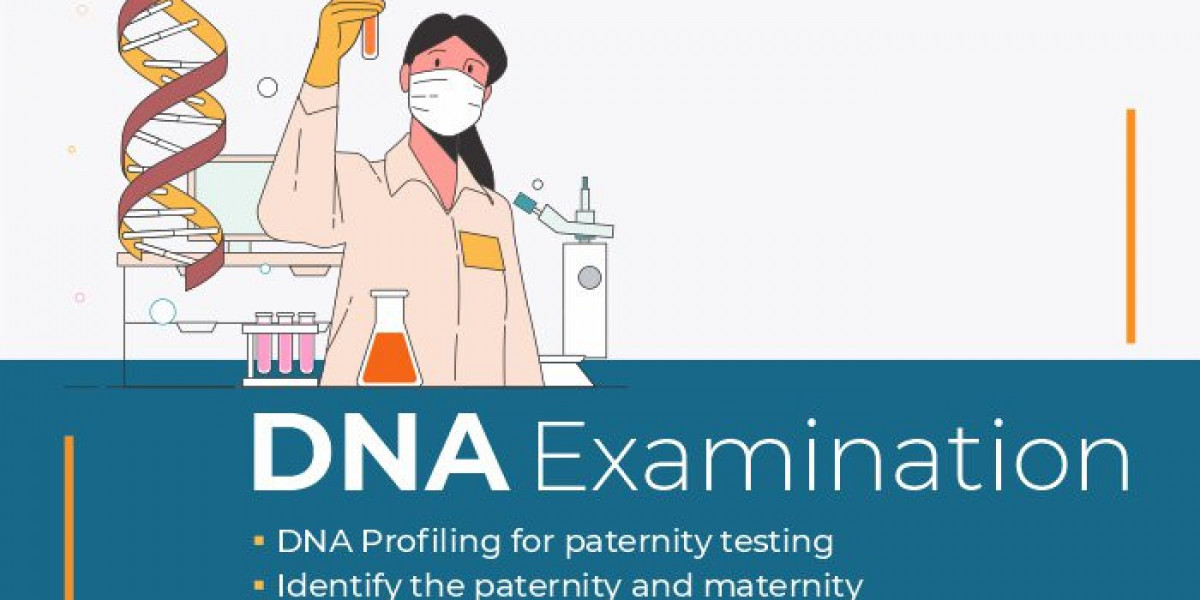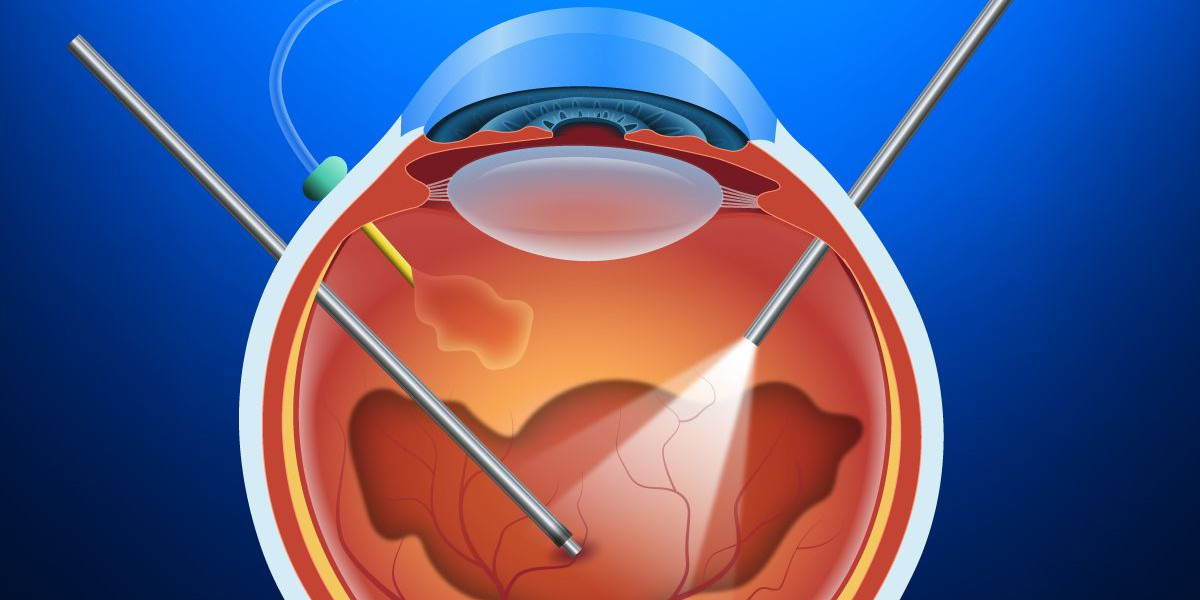Frequently, forensic DNA testing has become an integral part of any investigation, offering definite and objective data ensuring solutions in a range of critical incidents. Whether it is for legal, criminal or individual matters – forensic DNA testing takes care of the transparency of services and produces objective results. In later blogs, we will discuss more about the roles, uses and advantages of these services.
What Business Do Forensic DNA Test Services Provide?
Forensic DNA test services are involved in identification of people or the relatives, relationship or any service required in the legal or investigative society. In art, for instance, hair, saliva, blood or skin cells samples undergo extraction, comparison and analysis to address important questions.
Use of Forensic DNA Analysis
1. Criminal Investigations
It really does help to say that solving crimes depend on DNA evidence. It can implicate criminals, clear suspects and connect people to crime scenes.
2. Paternity and Family Relationships
A scientific analysis pertaining to paternity or biological link in the legal, personal or immigration cases involves DNA testing.
3. Missing Persons and Disaster Victims
Forensic DNA involves the identification of unknown persons through matching of the DNA samples of the missing individuals and or mass disaster victims with samples from their relatives.
4. Ownership Disputes
DNA can help solve conflicts over pets, agriculture products, or any other property of biological nature so that people would get justice in legal cases.
5. Wildlife and Environmental Investigation
Facilitating species identification in cases such as the wildlife trade or other environmental offences, DNA testing helps the cause of conservation.
How Forensic DNA Testing Works?
1. Sample Collection
Blood, hair, sweat, saliva or other tissues might be present at the crime scenes or at the body of the victim/ criminal or at an object in his/her possession. It is important to exercise much care when collecting and storing this kind of sample to avoid contamination or damage to the properties of the sample.
2. DNA Extraction
In the forensic DNA laboratory, samples are amplified and DNA is then extracted from the obtained samples with the help of some advanced methods that localize DNA particles.
3. DNA Profiling
Differential genetic profound ‘finger-printing’ is done on the extracted DNA. Examples of methods adopted include but are not limited to Short Tandem Repeat (STR).
4. Comparison and Interpretation
Consequently, the DNA profile is compared to samples or databases to make matches or exclusions. The results are elaborated and the findings are presented and discussed.
Why Should You Choose Forensic DNA Test Services?
1. Accuracy and Reliability
Forensic DNA profiling is among the highly reliable identification systems and has the highest reliability compared to other systems.
2. Scientific Rigor
Such services are scientific and technologically oriented and guarantee the most accurate outcomes.
3. Versatility
It appears logical, necessary and sufficiently flexible to fit various situations, starting with criminalist cases and ending with individual issues.
4. Legal and Ethical Compliance
Largest, popular, and reliable DNA testing companies ensure that their testing procedures are legal and ethical, stringent privacy policies are followed, and the entire process is still of high, utmost, and total credibility.
Issues Surrounding Forensic DNA analysis
While forensic DNA testing is highly effective, it faces some challenges:
Degraded Samples: Known factors which could impact the accuracy of results include but are not limited to the following: Degraded samples or samples of poor quality.
Contamination Risks: Sample contamination during the collection or analysis process can become a real issue.
Time Sensitivity: In some cases it is necessary to get results quickly, although this may not sometimes be possible.
Future of Forensic DNA Testing
New developments in forensic science are trying to break through to provide those efficient methods for testing DNA. Innovations include:
Rapid DNA Analysis: Portable devices enable testing at the scene and obtaining results within a few hours.
Next-Generation Sequencing (NGS): Substantially complements conventional genetic data analysis by offering further in-depth examination of the data collected.
Global DNA Databases: The working together of different LEAs makes matching even better than before.
Guides to Choosing the Best DNA Test Services
1. Check Accreditation
Make sure that the laboratory is accredited from legal institutions like ISO or AABB in order to show that the centre produces quality work.
2. Review Expertise
Select the providers offering skilled forensic scientists and completeness records in the DNA tests.
3. Look for Confidentiality
Select those service providers who ensure the security and secrecy of the information you provide.
4. Assess Turnaround Time
Pay attention to the time/ time-sensitive issues if you are to meet your case or personal schedules.
Conclusion
Forensic DNA test services play an important role of offering definitive conclusions across various areas of use. Regardless of the situation they are used in; crime solving, conflict solving, or simply discovering the truth, these services provide the most precise and efficient information.
Criteria that you have to focus on when selecting the forensic DNA test service provider include expertise, technology, and ethical concerns in the sector to offer you the best services. More often than not, it only takes a few weeks for a sample of DNA to be analyzed, and with the help of modern technology the next decades can only get better.










